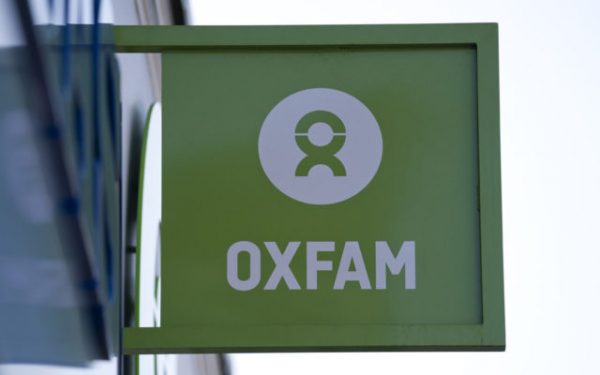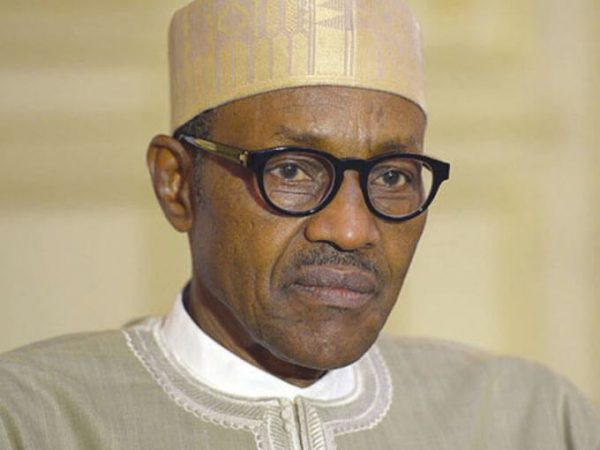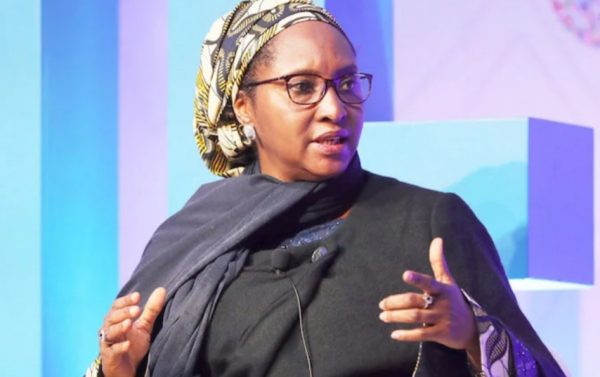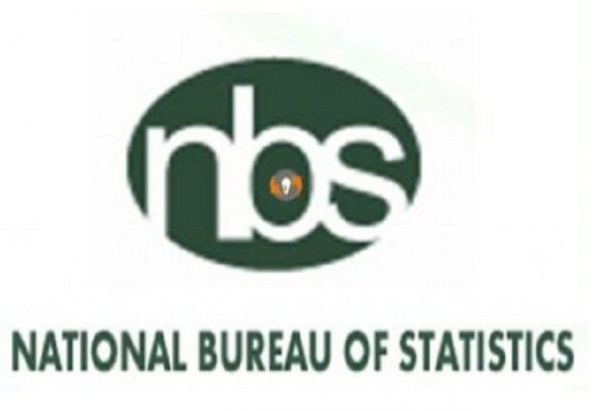Oxfam urges criminalisation of illicit financial flows enablers

•Ranks Nigeria tax system as unfair
Oxfam, a confederation of 20 independent charitable organizations focusing on the alleviation of global poverty, has called on the National Assembly to enact a law that would totally criminalize actions of banks, auditors, accountants, and lawyers that facilitate illicit financial flows from Nigeria.
It also urged the lawmakers to not only introduce cutting edge technology that will curb the act but specifically enact a law that will punish enablers of tax evasion to face fines of up to 100 percent of the sum evaded.
The recommendation is coming against the backdrop of its 2015 report on the inefficiency of Nigeria’s tax system that revealed losses of about $2.9billion or N580billion annually to tax incentives to multinational cooperation, while the ECOWAS region loses $9.6billion annually to tax incentives.
The United Nations in a report titled, Illicit Financial Flows and the Problem of Net Resource Transfers from Africa: 1980–2009, said between 1980 and 2009, about $1.2trillion to $1.4trillion left Africa in illicit financial flows. Oxfam Country Director, Constant Tchona, while unveiling the Fair Tax Monitor Index report, and the commitment to reducing the inequality index, yesterday, in Abuja, said the procedures for granting tax incentives must undergo thorough review that is focused on transparency and governance.
He stressed the need to check discretionary powers of the Executive to grant tax exemptions, as the Central Bank had confirmed that there was no cost-benefit analysis to justify the exemptions.
According to him, the International Monetary fund (IMF), had demonstrated that tax incentives are not the priorities of investors rather their concern is infrastructure, education, and the quality of workforce, hence the need for Nigeria to review its strategies and set its economic priorities right by investing in agriculture, infrastructure and manufacturing.
Tchonna noted that the Oxfam International Inequality report on Nigeria had shown that its tax system is regressive with the burden borne mostly by poorer companies and individuals, while big multinationals get questionable waivers and tax holidays.
The report, also notes that the tax system is fraught with crippling challenges of weak enforcement, corruption and outright evasion as records have shown that about 30 percent of companies are involved in tax evasion and 25 percent of them are not paying tax.
The Country Director, Plan International, Dr Hussiein Abdul, in his overview of the report and dimensions of inequality in Nigeria, pointed out that inequality is the root cause of poverty that allows a segment of the society to accumulate so much wealth and deny others.
He said: “We can’t have a conversation about the development of the country without talking about inequality. The poor trajectory of development is a problem, and bold economic policies are needed to deal with them. We need to come to the reality that inequality is bad for development. Tax is not only about income for government but it is one of the best ways to address inequality.”







